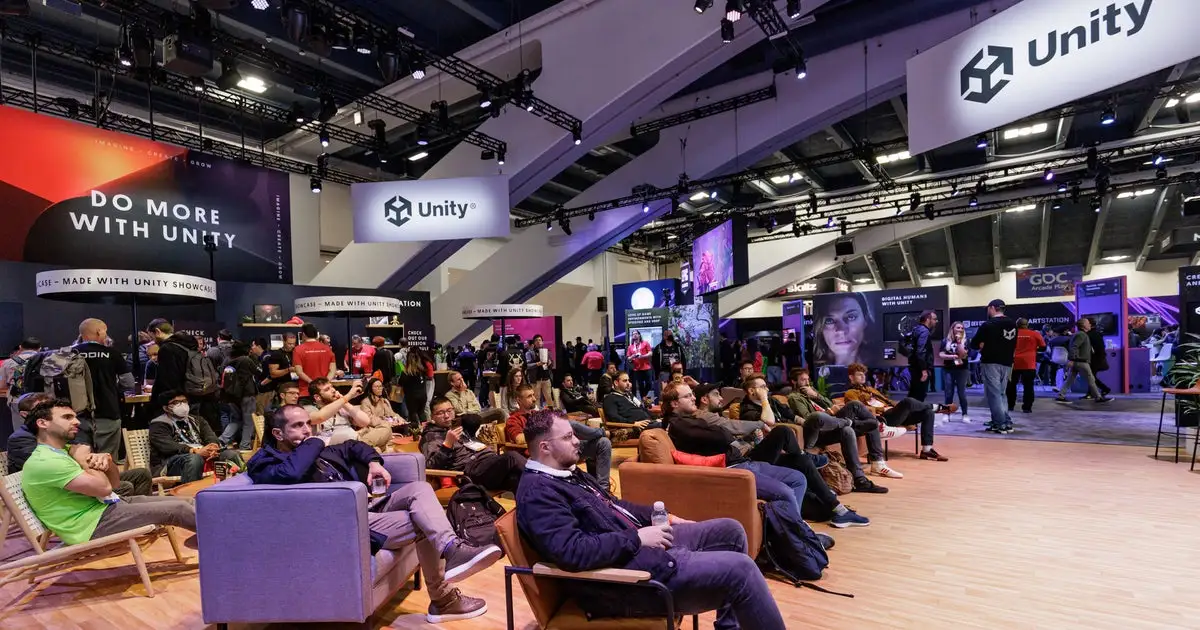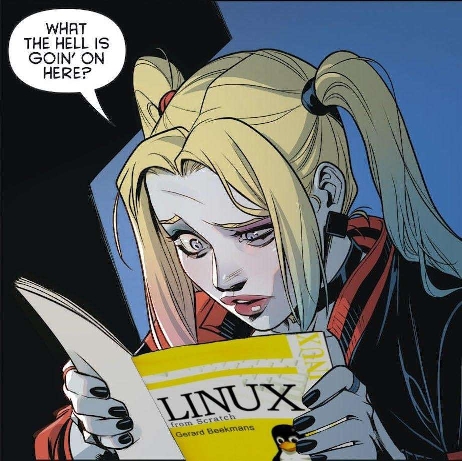It’s been almost a full week since Unity announced its controversial Runtime Fee, and the developer backlash continues.
Studios around the world have expressed concerns that the new fee – charging them every time their game is installed after January 1, 2024, providing they meet certain thresholds – threatens to jeopardise the health, or even existence, of their business. And despite subsequent statements from Unity, it’s still not entirely apparent how badly these businesses will be affected.
“The most ridiculous part of this fiasco is that the full effects of Unity’s decision on the business aren’t even clear,” says Ustwo Games chief creative officer Danny Gray. “We’re left astounded that an operation of that size can move forward with such ill-thought-out plans and are now scrambling to make amendments.”
Core components… like operating systems and engines… this was the whole reason people open sourced in the first place. You start getting it in millions of devices and it is too much power for closed-source closed-license. The GPU drivers and WiFi drivers are often the ones who pave the paths away from open source.
Didn’t they see Hasbro trying the same thing? Sure, DnD itself is doing fine, but they lost the trust of third party publishers.
Could I get a digestible version of the dnd drama? I could never parse what was happening.
DnD 5e had a license for use that allowed 3rd party companies to make stuff for the game following specific rules, and they did so which of course helped with increasing the popularity of the brand. This license existed due to the backlash from players and 3rd party developers who did not like the 4e licensing which was ridiculously restrictive.
Then WotC/Hasbro decided they wanted more control and put out a draconian revision and also tried to invalidate the existing license using questionable legal logic that wouldn’t stand up in court, but would be cost prohibitive for the 3rd party companies to fight in court. This revision also included licensing costs that would drive 3rd party companies out of business. Then they did a revision that tried to make creating a virtual tabletop that could be used with DnD a violation to try and corner the market for WotC’s completely non-existent virtual tabletop.
Basically they tried to stop doing the thing they had in place for like a decade to milk an unrealistically high amount of money out of companies that were working with them and tried to force this on extremely short notice. So same thing as reddit and now Unity are doing.
Expect the next version of DnD to be a walled garden again like 4e was and most likely fade out of the public view again.
The true irony here is that TSR went bankrupt because they tried to mess with the community content licenses that were basically gentleman’s agreements at the time, allowing WotC to purchase D&D in the first place with 3rd edition. I hope they sell the property to someone that understands how to run that golden goose, without expecting unlimited growth.
Paizo. Been playing Pathfinder for years.
Paizo wouldn’t exist for over a decade when TSR sold D&D to WotC. Try again.
And it’s not just me right? This is similar. Revising existing licensing to squeeze more money out of people who already use their back end.
deleted by creator
this is a wake-up call to this industry and any other industry enjoying a glut of “free” (as in beer) proprietary tools owned entirely by private (or worse: public!) organizations.
this will always be the result. every single time. if you think you and your industry are immune to getting bait & switched, you are very wrong.
chaining your livelihood to a for-profit organization is begging to eventually be extorted in this manner. greed is inevitable.
You know what they say: you can’t un-fuck the Thanksgiving turkey.
I’m not a lawyer, but this seems illegal, they can’t retroactively change licenses, imagine Microsoft decides that starting January 1st you need to pay them 20¢ each time you open the file explorer or each time you boot windows. They can’t just decide to change their pricing strategy for an existing product that people have already agreed to. They could make it that starting from version X that would be the price, because people with games already released or in the works can keep the current terms with the downside of not being able to update the engine, or even have a page where people can contact them to tell what is their current project so that projects that started before this date are not affected. But the way it’s being done feels like it should be illegal.
“Trust” won’t matter if they just continue writing new games in it.








